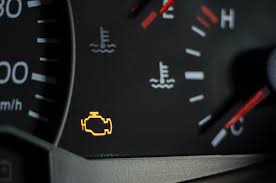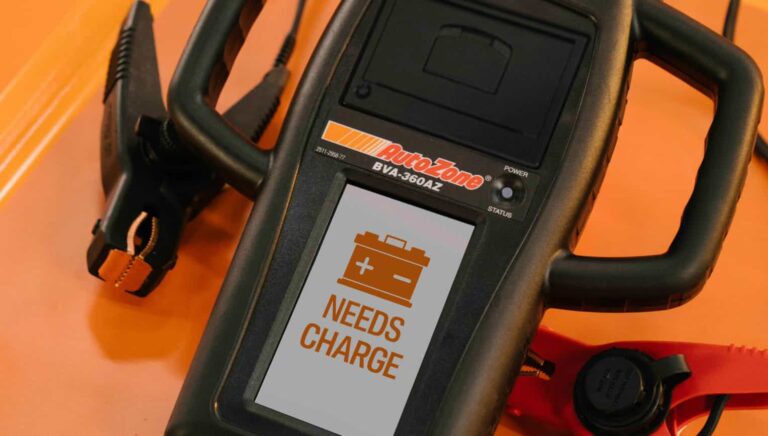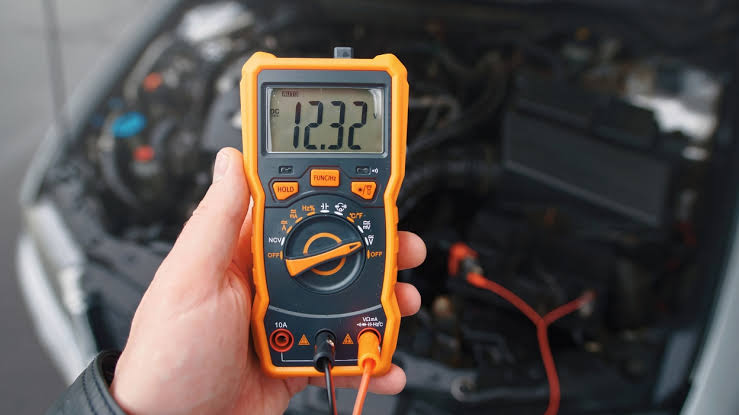Will Lithium Batteries Leak?

Lithium batteries are widely used in various devices due to their efficiency, longer life, and high energy density. However, one common concern among users is whether lithium batteries can leak. In this article, we will explore the possibility of lithium batteries leaking and the factors that contribute to this issue.
What Happens in a Lithium Battery?
Lithium batteries work by using lithium compounds to store and release energy. These batteries are designed with a delicate internal structure, including electrodes and electrolytes, that are essential for their operation. Any disruption to this structure, whether due to physical damage or improper use, could lead to potential leaks or failures.
Can Lithium Batteries Leak?
1. Leaking is Rare in Lithium Batteries
- Modern Design and Safety Features: Unlike older battery technologies, lithium-ion and lithium-polymer batteries are designed with safety features that minimize the risk of leakage. These batteries typically have sealed casings that prevent any leaks.
2. Internal Failure or Damage
- Swelling and Venting: While lithium batteries rarely leak liquid electrolyte, they can swell or vent gases if damaged or exposed to excessive heat. This often happens when the battery is overcharged, short-circuited, or physically punctured.
- Damaged Battery Casing: If the casing is compromised due to physical damage or wear, it can lead to leakage of the internal contents, but this is not common with well-maintained batteries.
What Causes Leaks in Lithium Batteries?
While lithium batteries generally do not leak in the traditional sense, several conditions can lead to issues:
1. Overcharging or Excessive Heat
- Battery Overheating: Overcharging a lithium battery or exposing it to high temperatures can cause the internal components to degrade, leading to gas buildup or the rupture of the battery casing.
- Thermal Runaway: In extreme cases, lithium batteries can undergo a phenomenon called thermal runaway, where the battery overheats and can cause leakage or even fire. This is usually due to poor quality, malfunction, or improper usage.
2. Physical Damage
- Punctures or Cracks: If a lithium battery is punctured or physically damaged, the seal may break, allowing gas to escape or, in rare cases, a small amount of electrolyte to leak.
- Improper Handling: Dropping or crushing a lithium battery can cause internal damage that results in leakage or the release of gases.
3. Aging and Wear
- Deterioration Over Time: As lithium batteries age, their internal components can wear out, leading to leakage. This is more common in batteries that have been used for a long time or have been exposed to extreme conditions.
What Happens if a Lithium Battery Leaks?
If a lithium battery leaks, it can pose certain risks:
1. Chemical Hazard
- Electrolyte Leakage: The electrolyte inside lithium batteries can be corrosive and harmful to the skin and eyes. If the electrolyte leaks out, it can cause irritation or chemical burns.
2. Fire Hazard
- Risk of Fire: While rare, leaking lithium batteries can pose a fire hazard, especially if the battery is exposed to high temperatures or short circuits.
How to Prevent Lithium Battery Leaks
To minimize the risk of leakage in lithium batteries, follow these tips:
1. Avoid Overcharging
- Use a Smart Charger: Always use a charger designed for your specific lithium battery to prevent overcharging. Many modern chargers have built-in features to stop charging once the battery is full.
2. Handle with Care
- Avoid Physical Damage: Handle lithium batteries with care and avoid dropping or crushing them. Make sure to keep them in protective cases when not in use.
3. Keep Batteries in Cool Conditions
- Avoid Extreme Temperatures: Store lithium batteries in a cool, dry place to prevent overheating. Excessive heat can cause the battery to degrade and potentially leak.
4. Replace Old Batteries
- Battery Lifespan: Replace old or damaged batteries to avoid leakage risks. Check for swelling or unusual behavior and dispose of the battery properly.
Conclusion
Lithium batteries are designed to be safe and stable, and the risk of leakage is relatively low compared to other types of batteries. However, improper use, physical damage, and extreme conditions can lead to swelling, venting, or in rare cases, leakage. By handling lithium batteries carefully, avoiding overcharging, and replacing old or damaged batteries, you can reduce the risk of leakage and prolong the life of your batteries.
FAQs
1. Can a lithium battery leak if it’s unused?
- Yes, but rarely: If a lithium battery is left unused for a long time, it can degrade, which may lead to leakage. It’s important to store lithium batteries properly.
2. What should I do if my lithium battery leaks?
- Handle with care: If you notice leakage, wear gloves and avoid contact with the leaked substance. Dispose of the battery properly by taking it to a recycling center.
3. Can a lithium battery explode if it leaks?
- Rare, but possible: While rare, leaking lithium batteries can pose a fire risk, especially if they are exposed to high temperatures or physical damage. Always handle leaking batteries with caution.
4. How do I dispose of a leaking lithium battery?
- Proper Disposal: Leaking lithium batteries should be disposed of at a certified recycling facility. Do not throw them in the trash, as they may pose environmental hazards.





